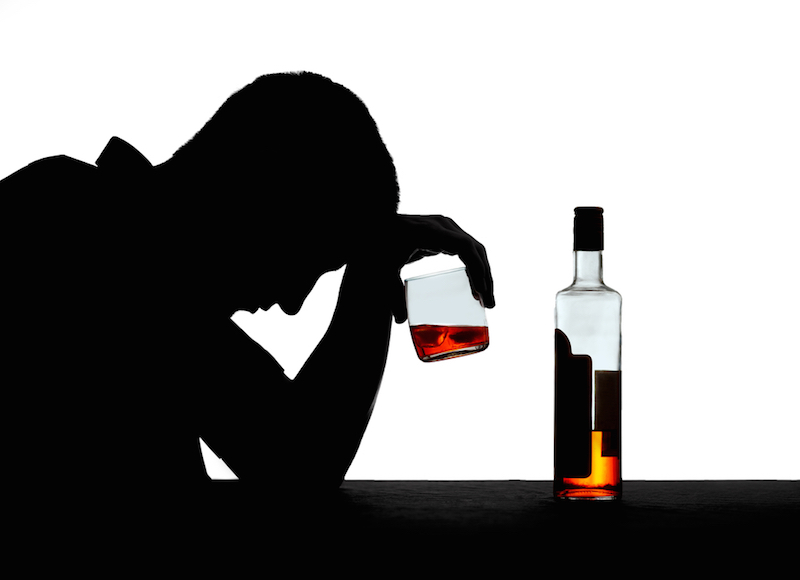Alcohol Dependence Can Be Reversed, Rat Study Suggests

A specific group of brain cells appears to drive excessive alcohol drinking, and targeting these cells may reverses alcohol dependence, at least in rats, a new study finds.
In the study, the researchers trained rats how to self-administer alcohol out of a chamber, and caused some rats to become dependent on alcohol. They then injected the rats with a compound that could inactivate, or "turn off" a very specific set of brain cells in an area known as the amygdala.
They found that inactivating these brain cells caused the rats to completely cease their compulsive drinking.
“It’s like they forgot they were dependent [on alcohol]," study researcher Olivier George, an assistant professor at the The Scripps Research Institute in La Jolla, California, said in a statement.
Previous studies had shown that these brain cells are activated by frequent alcohol consumption, but researchers weren't sure if this was a cause or an effect of excessive drinking. The new study indicates that activation of these brain cells is required for excessive drinking, the researchers said.
"These results identify a critical neurobiological mechanism that may be required for the transition to alcohol dependence," the researchers wrote in the Sept. 7 issue of The Journal of Neuroscience. [7 Ways Alcohol Affects Your Health]
When the researchers inactivated these brain cells, they were surprised at just how long the effects lasted — the rats ceased their compulsive drinking for the entire duration of the study — about two weeks. “We’ve never seen an effect that strong that has lasted for several weeks,” George said. The rats also experienced a reduction in signs of alcohol withdrawal, such as shaking.
Get the world’s most fascinating discoveries delivered straight to your inbox.
Interestingly, when the researchers inactivated the same set of brain cells in rats that binge drank, but weren't yet addicted to alcohol, they had different results. These rats reduced their drinking, but only for one day, after which they resumed binge drinking.
This might be because, in rats that aren't addicted to alcohol, the "path" in the brain that drives compulsive drinking hasn't been established yet, the researchers said.
It's important to note that, because the new study was conducted in rats, more research is needed to translate the findings to people, and see if this same group of brain cells also influences alcohol addiction in humans.
The new findings appear similar to those of a 2007 study done in human smokers with damage to a specific part of the brain called the insula. These patients were able to quit smoking easily, because their body "forgot the urge to smoke," the researchers said. It could be that the new findings in rats have found a similar brain circuit for alcohol addiction.
Original article on Live Science.

Rachael is a Live Science contributor, and was a former channel editor and senior writer for Live Science between 2010 and 2022. She has a master's degree in journalism from New York University's Science, Health and Environmental Reporting Program. She also holds a B.S. in molecular biology and an M.S. in biology from the University of California, San Diego. Her work has appeared in Scienceline, The Washington Post and Scientific American.
 Live Science Plus
Live Science Plus






